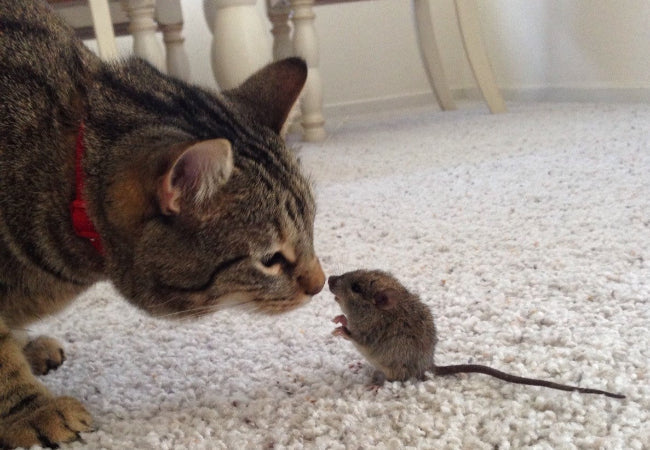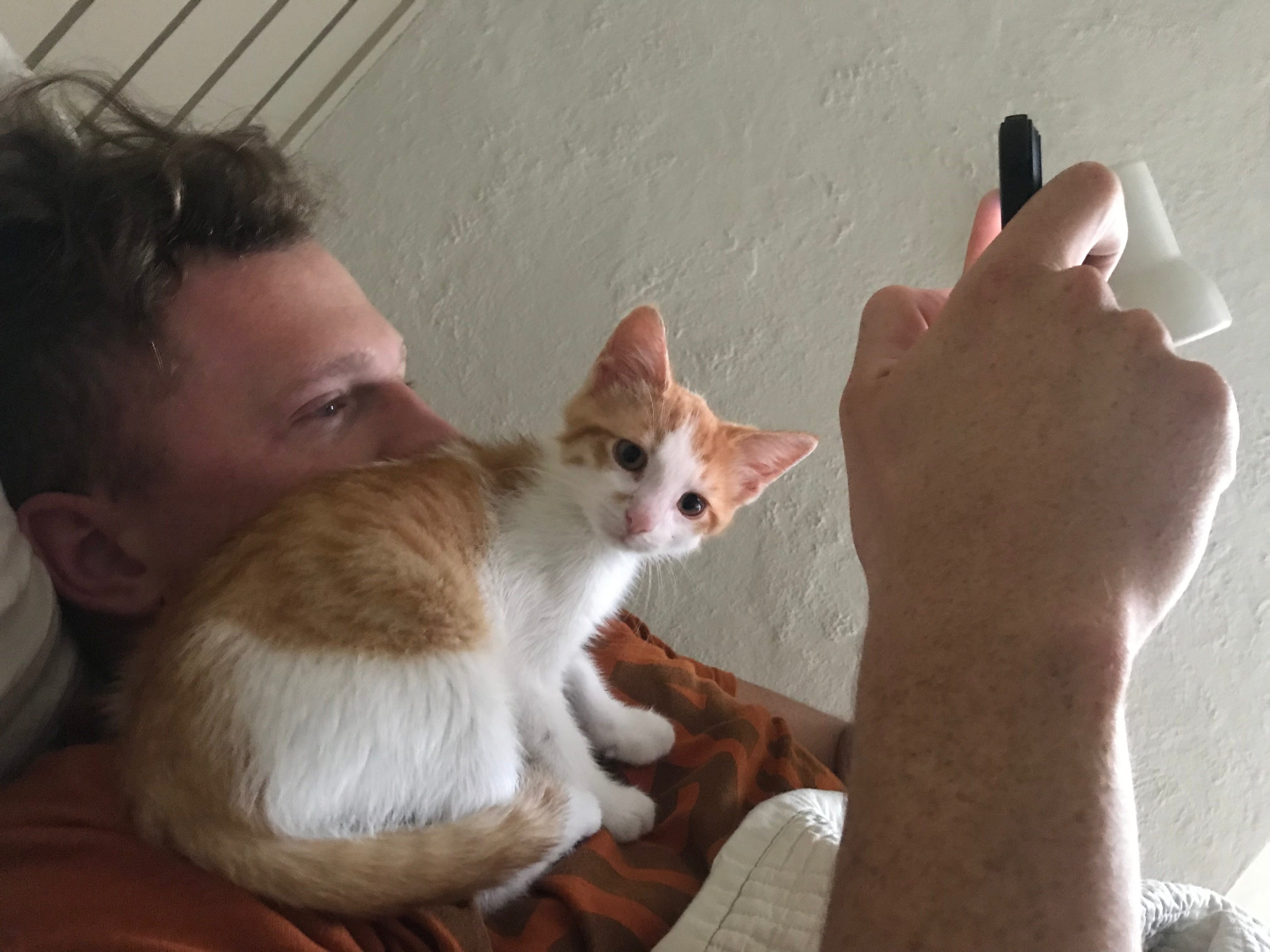Can Cats Eat Mice or Rats 2025? Risks, Nutrition & Safety 🐱

In this article
Can Cats Eat Mice or Rats 2025? Risks, Nutrition & Safety 🐱
By Dr. Duncan Houston BVSc
Cats are natural hunters. Their instincts often drive them to stalk, chase, and sometimes eat small prey like mice or rats. While this might seem like a “natural” diet, it’s not always safe or sufficient for your feline friend. Understanding why cats shouldn’t rely solely on rodents and how to keep them healthy is essential for responsible pet ownership.
🥩 Cats Are Obligate Carnivores
Cats are obligate carnivores, meaning that their bodies require nutrients found primarily in animal tissues. They need:
-
Proteins for muscle maintenance
-
Fats for energy and healthy skin
-
Vitamins and minerals like taurine, vitamin A, and niacin
While mice or rats are a source of protein, they cannot provide all the nutrients cats need for a balanced diet. Relying exclusively on rodents may lead to deficiencies and long-term health issues.
⚠️ Risks of Eating Rodents
While hunting is instinctual, eating wild mice or rats can pose serious health risks:
1️⃣ Parasitic Infections
Rodents can carry parasites that infect cats, including:
-
Tapeworms (Dipylidium caninum, Taenia taeniaeformis): Can cause weight loss, vomiting, diarrhea, and overall poor health. Cats typically become infected by eating fleas carrying tapeworm larvae or by eating infected rodents.
-
Rat lungworm (Angiostrongylus cantonensis): Can lead to respiratory problems and other health complications.
2️⃣ Bacterial and Viral Diseases
Cats can contract dangerous diseases from rodents, such as:
-
Leptospirosis: A bacterial infection transmitted through the urine of infected animals.
-
Toxoplasmosis: A parasitic disease caused by Toxoplasma gondii, which can affect cats and humans.
-
Hantavirus: A viral disease transmitted through contact with infected rodent urine, feces, or saliva.
These infections can be severe and sometimes life-threatening, making wild rodents a risky “snack.”
🩺 Preventing Parasites and Diseases
While it’s impossible to completely eliminate risk if your cat goes outdoors, several steps can help protect their health:
-
Regular Deworming:
-
Kittens: Every two weeks until 12 weeks old, then monthly until six months.
-
Adult cats: Every 1–3 months, depending on lifestyle and exposure risk.
-
Always follow your veterinarian’s guidance on the best deworming schedule.
-
-
Flea Control: Fleas can carry tapeworm larvae. Maintaining flea prevention is critical.
-
Limit Hunting: Reducing outdoor roaming and hunting minimizes exposure to parasites and diseases.
-
Routine Vet Checkups: Regular veterinary visits help detect and treat parasites or infections early.
🥫 The Safer Alternative: High-Quality Commercial Cat Food
The safest and most nutritionally complete option for cats is commercial cat food. Benefits include:
-
Balanced nutrition specifically formulated for cats
-
Reduced risk of parasites and disease
-
Variety of options: wet food, dry food, or a combination for hydration and dental health
Some cats may still hunt occasionally, but as long as they have a complete diet at home, the health risks of eating rodents are greatly minimized.








